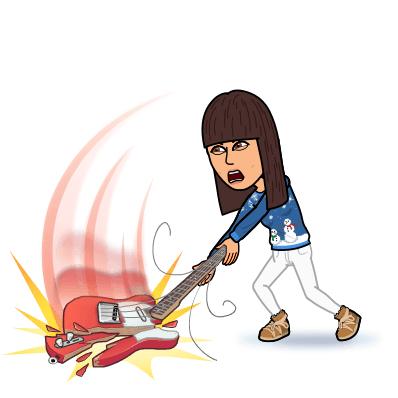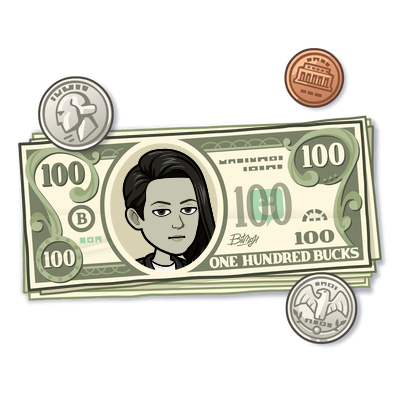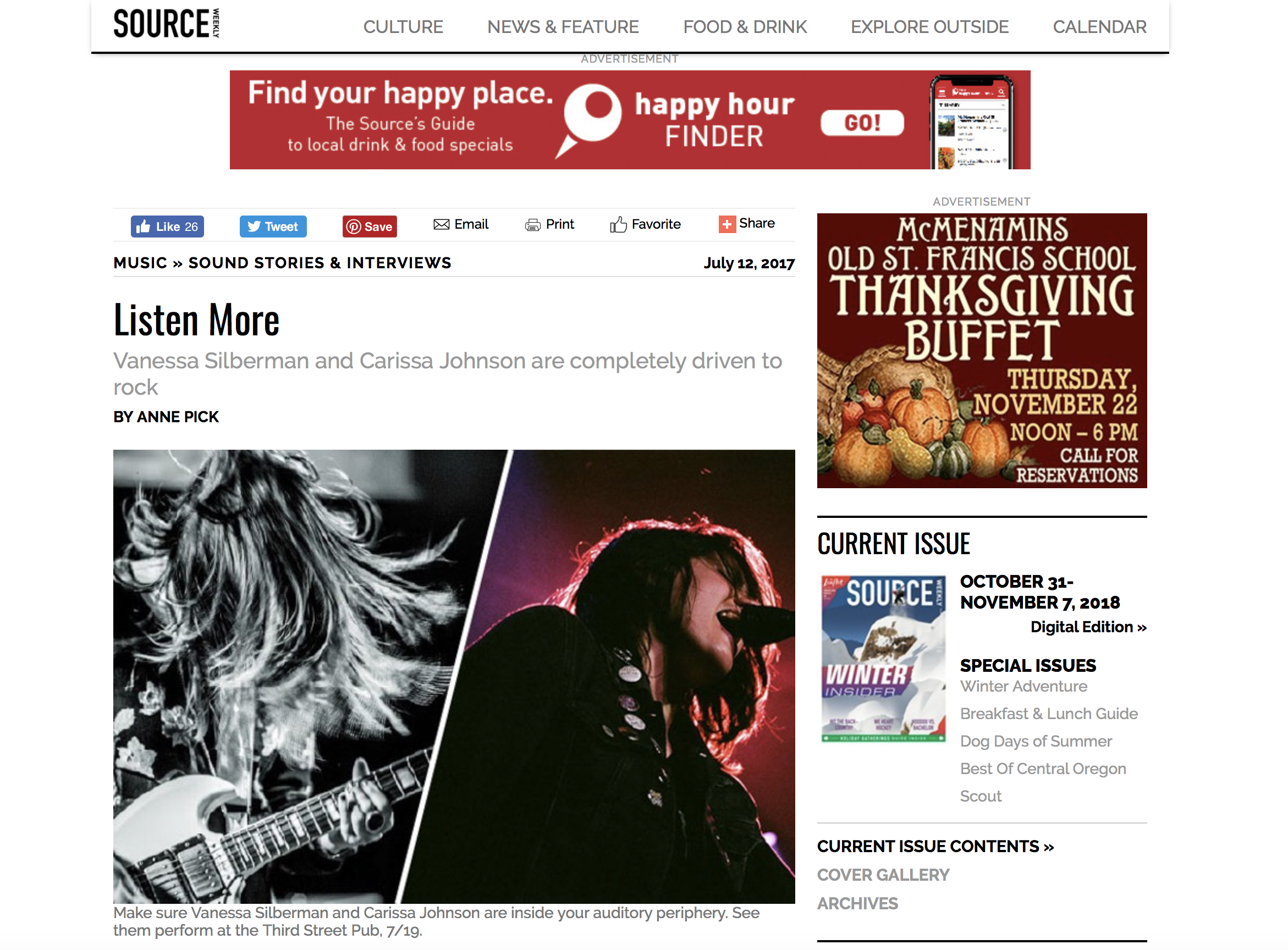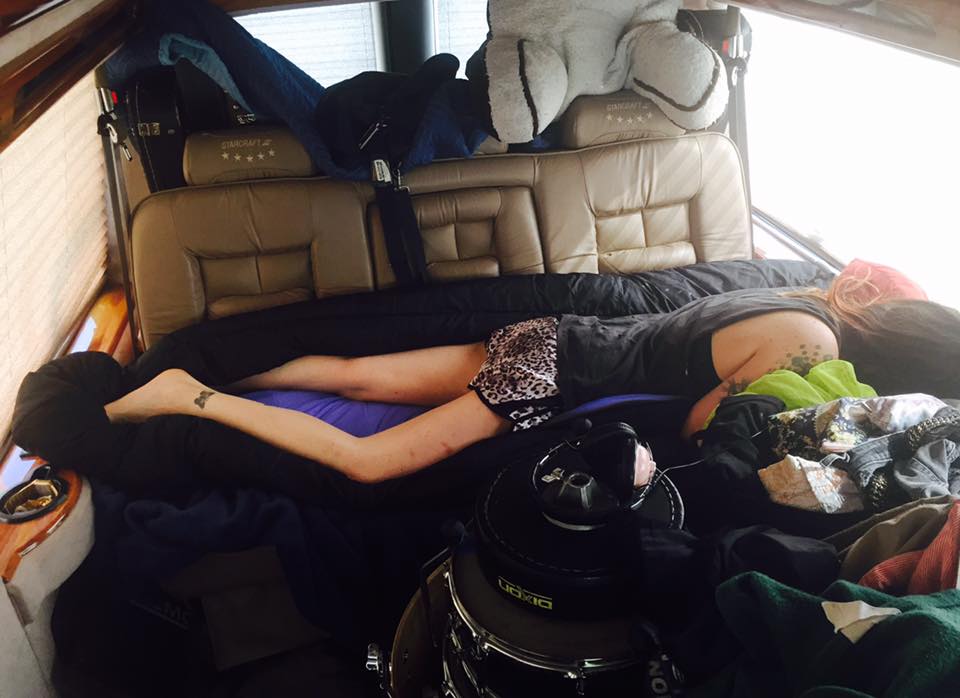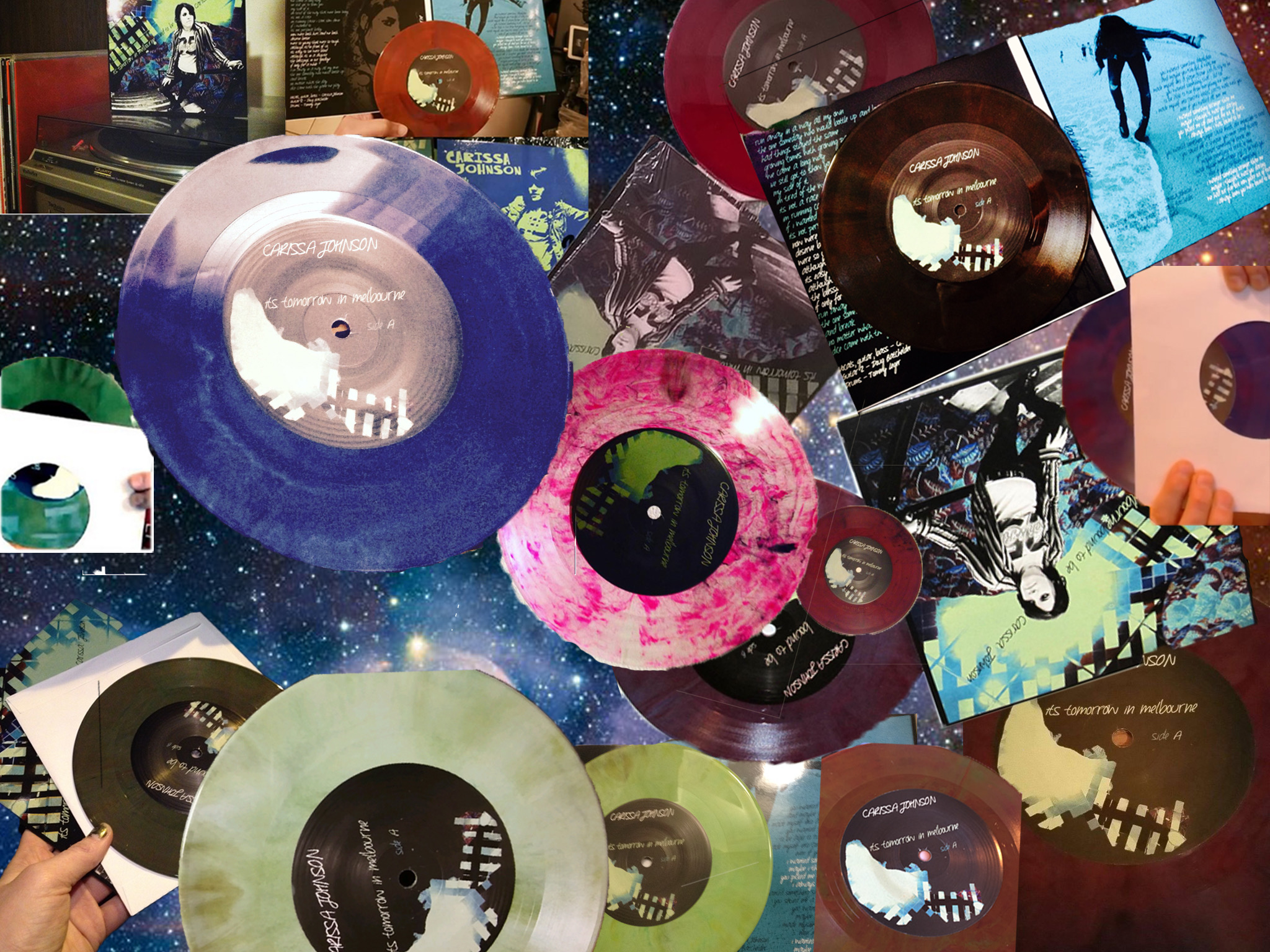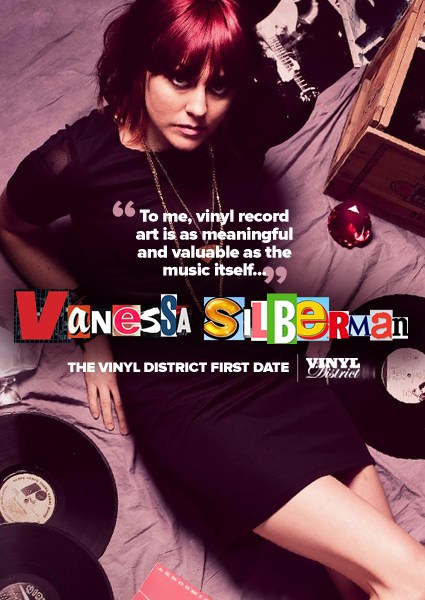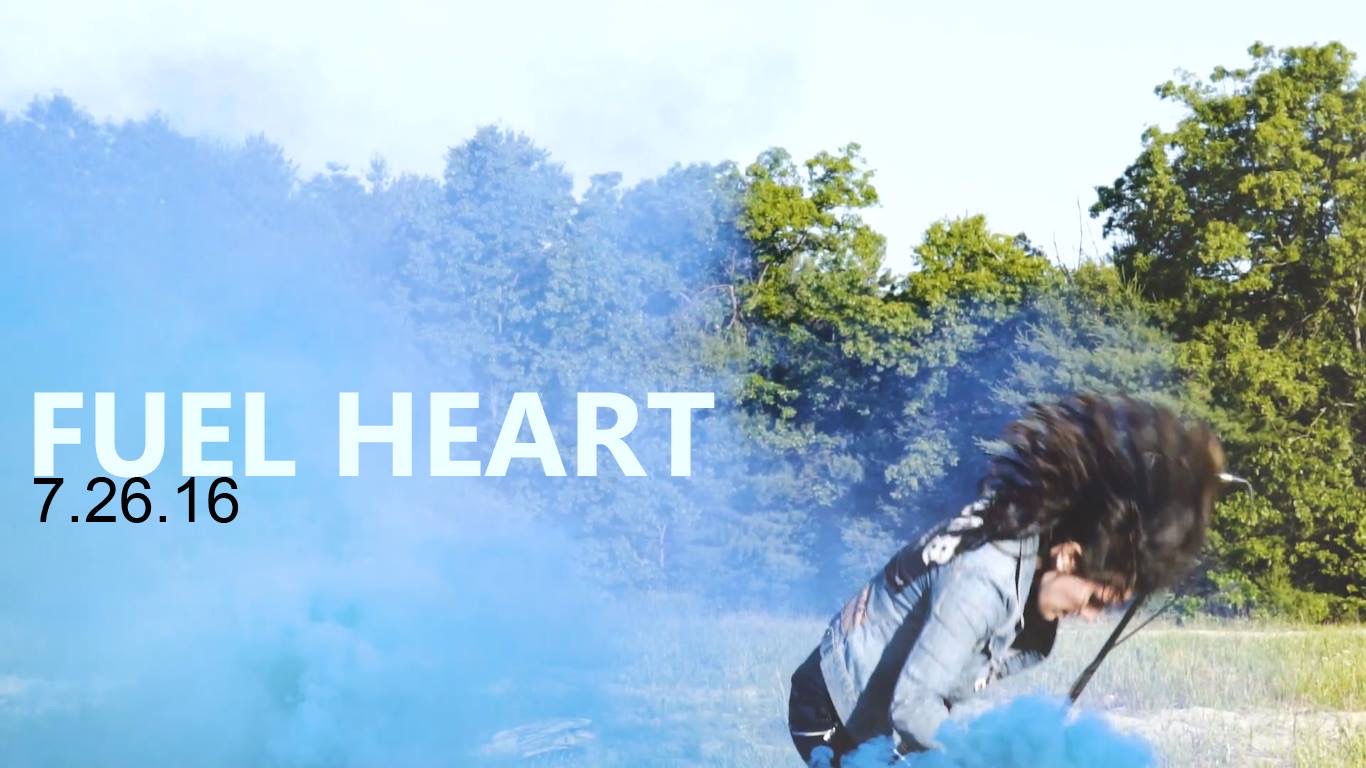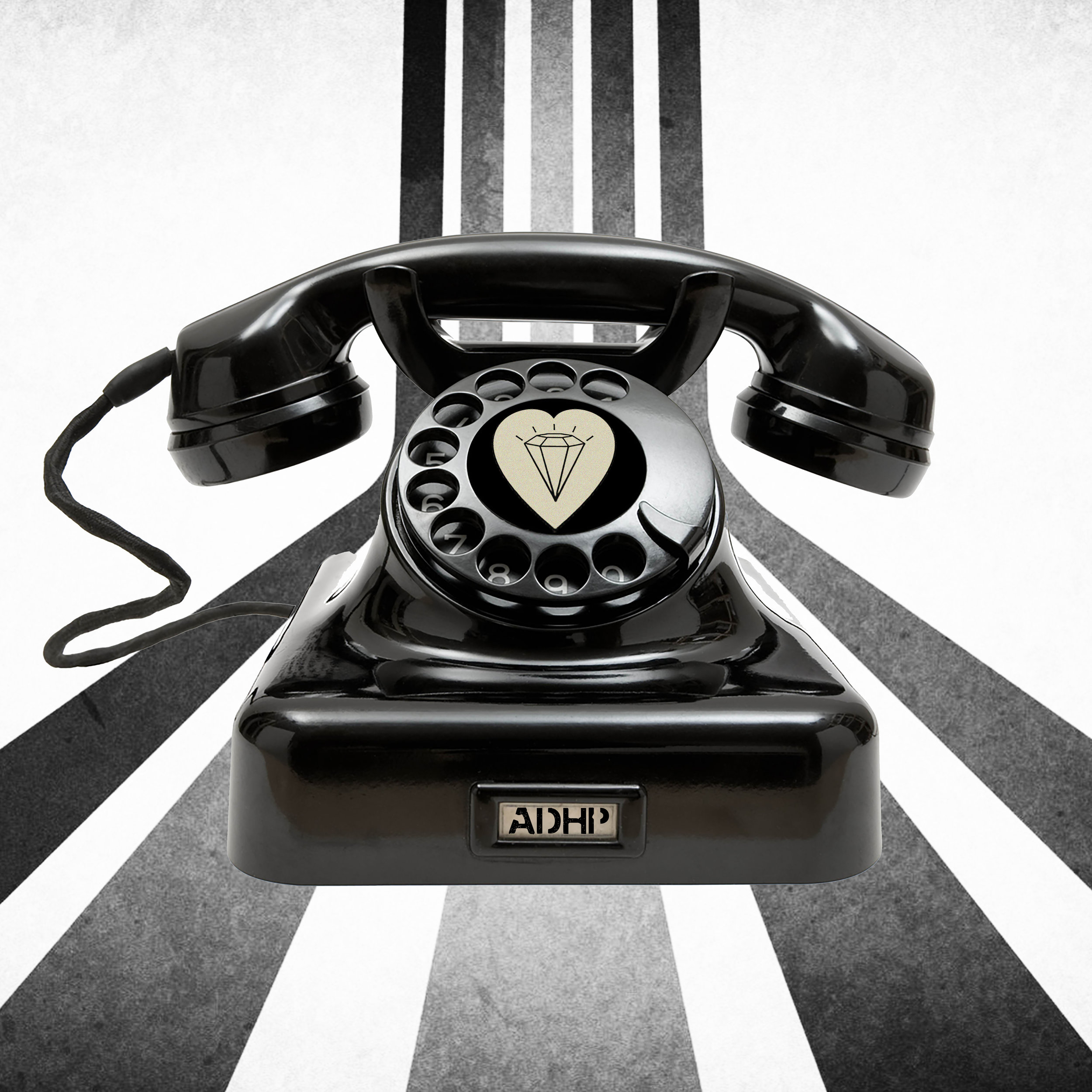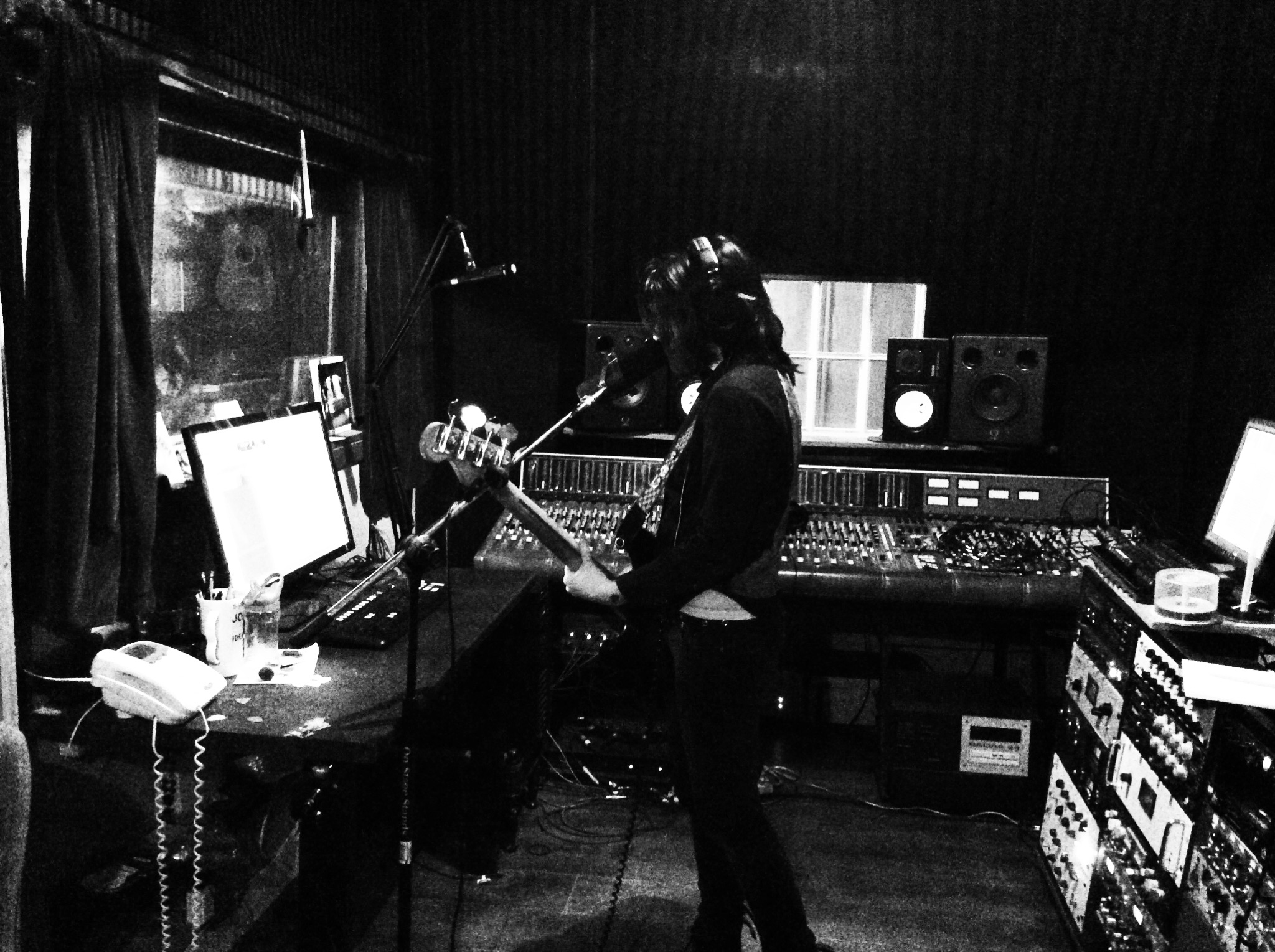Budgeting is absolutely one of the most important things an artist or band can do to make a tour successful and profitable. By doing some simple planning and a little bit of math, you can figure out an estimated cost per day for you or your band on the road.
Figuring these numbers out will help guide you on your route and will inform you about how much you should be spending and saving while on the road.
There are tools online and apps that can help you figure out what your expenses will be. Of course, each tour will call for different expenses and will earn a varying amount depending on shows, cities, and timing.
For example, here are some variables that will affect your math:
•How many travelers there are with you
•How big of a car you’re driving and whether you’re pulling a trailer or not
•If you have to rent equipment
•If you’ll be staying with friends or at hotels
A lot of venues with kitchens/bars will feed bands who are playing.
Sometimes they will specify in the booking process, but sometimes you have to ask. Ask beforehand to be sure! This can save you a lot of money if you can find venues that will feed you, even if it’s something small.
A lot of hotels and motels will offer a free breakfast, take advantage of this where you can! A lot of times they have a lot of options and you can take stuff to go as well, like fruit or cereal that will last the whole day or longer.
When you begin to budget your upcoming tour expenses, figure out how many meals you’ll need per day. Then subtract the amount of dinners that venues will be feeding you and breakfasts you’ll get from the hotels you’ll stay at. Set an amount you are able to pay for the rest of your meals, and stick to it. For example, each meal that has to be bought, you could limit yourself to $10. Then you can multiply this number by however many meals you’ll have to buy, and you’ll arrive at your full expense for food for your tour. (Per-diems per day are different for every individual, but suggest $10 - $20 a day). This price/meal isn’t unreasonable at most places you’ll find.
You can also consider stocking up on healthy non-perishable items from the grocery store for snacks (also see our blog entry on eating healthy on the road). Even if you’re on a long drive, consider stopping at a grocery store in the morning before leaving town and purchasing some healthy food at a low cost that will last you until your show.
Another thing to account for in your budgeting is car tune-ups and oil changes ($15-35). If you’re on the road for a while you will need to service your car after every 3,000 miles or so.
Tip: Jiffy Lube often gives discount coupons through their website!
Once you figure out how much you’ll be spending on food, gas, tolls, lodgings, car servicing, etc., you can see if your guarantees will help cut away at these costs. It is a good idea to try to make more than you will be spending! Some of these numbers might be hard to find if you’re just starting out (you may just get door deals or bar %)... if you are - we suggest you have some money saved up before venturing out. Also, if you are leaving your regular job for a couple weeks to tour, consider saving up some extra money before you venture out for when you return home.
Having merchandise to sell and having earning goals for yourself will help a lot. Merch will save you! If it’s a slow night and no locals brought people out, but you sell three T-Shirts and two CDs to anyone who is at the venue, it could pay for a hotel and gas to get there!
Tips:
•Figure out how far it is from city to city by using Google Maps (http://maps.google.com) and this gas calculator https://www.fueleconomy.gov/trip/ to guesstimate how much you’ll be spending on gas with the specific car you will be driving.
•Don’t forget about tolls, some online calculators will also factor in toll roads and estimate a cost for you.
•Don’t be afraid to hustle and ask people to buy your merch - you will be relying on this money.
•When you choose food, don’t just go to 7-11s and buy as many cheap things you can find under $10 for a meal. Quality over quantity still applies here!
•It is better to know before venturing out if the tour will be a financial win or loss - although there will be variables that can always change and surprise you, having an idea of what to expect will make being on the road all that easier



